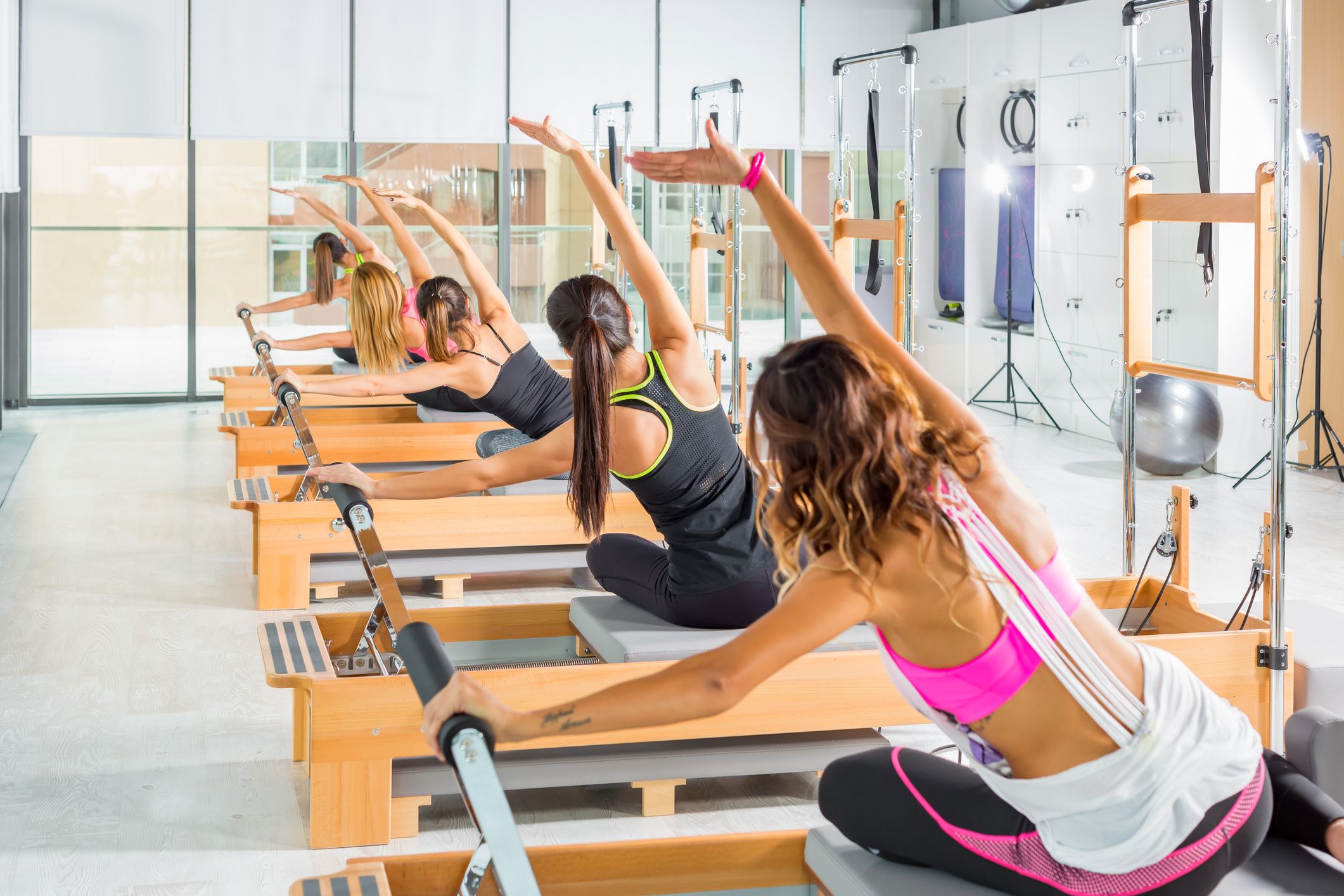The Benefits of Pilates
Pilates is a highly effective exercise method that offers numerous benefits for both the mind and body. In this article, we will explore the various advantages of practicing Pilates and how it can positively impact your overall well-being.
Improved Core Strength
Pilates focuses on strengthening the core muscles, which include the abdominals, back, and pelvic floor. By engaging and activating these muscles, Pilates helps to improve core strength and stability. A strong core not only enhances your posture but also provides a solid foundation for all other movements.
Enhanced Flexibility
Regular Pilates practice can significantly improve flexibility. The exercises involve controlled and fluid movements that target different muscle groups. This helps to increase the range of motion in your joints and muscles, leading to improved flexibility and reduced risk of injuries.
Increased Muscle Tone
Pilates exercises work to tone and sculpt your muscles, resulting in a lean and defined physique. The combination of strength and flexibility training in Pilates helps to create long, lean muscles without adding bulk. This makes it an ideal exercise method for individuals looking to improve muscle tone and overall body shape.
Improved Posture and Alignment
Poor posture is a common problem caused by sedentary lifestyles and desk-bound work. Pilates can help correct postural imbalances by strengthening the muscles responsible for maintaining good posture. Through the practice of Pilates, you can develop better alignment, which not only improves your appearance but also reduces the risk of chronic pain and injuries.
Enhanced Mind-Body Connection
Pilates emphasizes the connection between the mind and body. During each exercise, you are encouraged to focus on your breath, concentration, and precise movements. This mindful approach promotes a greater awareness of your body, helping you to move with intention and control. The mind-body connection cultivated in Pilates can have a positive impact on your overall mental well-being.
Improved Balance and Coordination
Pilates exercises require a high level of control, balance, and coordination. By practicing Pilates regularly, you can improve your balance and coordination skills, which are essential for performing daily activities and preventing falls or accidents. Enhanced balance and coordination can also benefit athletes and individuals participating in other physical activities.
Reduced Stress and Improved Relaxation
Pilates incorporates breathing techniques and mindful movements that promote relaxation and reduce stress. The focused and controlled nature of Pilates helps to calm the mind, relieve tension, and improve overall well-being. Regular practice can provide a much-needed break from the demands of daily life and contribute to a more balanced and peaceful state of mind.

Pilates offers a wide range of benefits for individuals of all ages and fitness levels. From improved core strength and flexibility to enhanced posture and relaxation, Pilates can positively impact both your physical and mental well-being. Incorporating Pilates into your fitness routine can help you achieve a stronger, more balanced, and healthier body.
Frequently Asked Questions about the Benefits of Pilates
1. What are the benefits of doing Pilates?
Pilates can improve core strength, flexibility, posture, and overall body awareness. It also helps in reducing stress and enhancing relaxation.
2. Can Pilates help with weight loss?
While Pilates alone may not lead to significant weight loss, it can support weight loss efforts by improving muscle tone, increasing metabolism, and promoting overall well-being.
3. Is Pilates suitable for all fitness levels?
Yes, Pilates can be modified to accommodate different fitness levels and abilities. Beginners can start with basic exercises and gradually progress to more advanced movements.
4. Does Pilates help in reducing back pain?
Yes, Pilates can be beneficial for individuals with back pain. It focuses on strengthening the core muscles, improving posture, and enhancing spinal alignment, which can alleviate back pain.
5. Can Pilates improve flexibility?
Absolutely! Pilates exercises involve stretching and lengthening muscles, which can lead to improved flexibility over time.
6. How often should I do Pilates to see results?
Consistency is key. Aim for at least 2-3 Pilates sessions per week to start noticing improvements in strength, flexibility, and overall body conditioning.
7. Can Pilates help in injury rehabilitation?
Yes, Pilates is often used in injury rehabilitation programs as it focuses on controlled movements, proper alignment, and gentle strengthening, which can aid in the recovery process.
8. Is Pilates a good form of exercise during pregnancy?
With proper modifications, Pilates can be a safe and effective exercise option during pregnancy. It can help strengthen the core muscles, improve posture, and maintain overall fitness.
9. Does Pilates help in reducing stress?
Yes, Pilates incorporates breathing techniques and mindful movements, which can help reduce stress, promote relaxation, and improve mental well-being.
10. Can Pilates improve sports performance?
Absolutely! Pilates can enhance sports performance by improving core stability, balance, flexibility, and overall body control, leading to better athletic performance.




